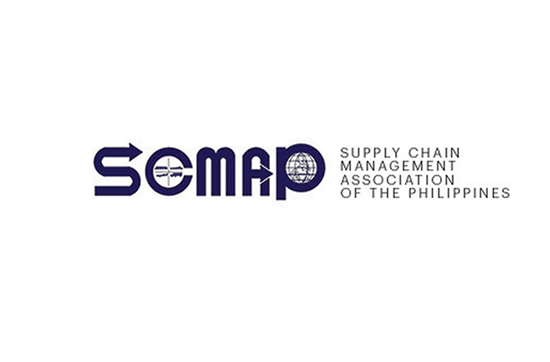Today marks the beginning of the 31st ASEAN Leaders’ Summit, marking fifty years since the founding of the regional community, and the culmination of the Philippines’ chairmanship of the organization this year.
Once again, topics of relevance to the region will be tabled. For us involved in supply chain, this includes further economic cooperation, with the aim of more inclusive growth, as well as fostering a business-friendly environment through efforts towards resiliency, security and stability. Efforts to ensure these at a regional level – notably increased support for entrepreneurs and small businesses, particularly yesterday’s launch of the ASEAN Mentorship for Entrepreneurs Network – are to be applauded, as a significant step not just to improve the standing of more enterprises, but also to take advantage of the opportunities afforded by ASEAN economic integration.
On the flipside, the ASEAN Summit being held here illustrates just how far we – we, the Philippines, particularly – has to go to really take advantage of these initiatives. All this week classes in Metro Manila are suspended; for half of it work in the private sector is cancelled. Road closures, no-fly zones and truck bans hamper the movement of both people and goods in the country’s economic capital. The rationale, possibly, is to avoid disruption and congestion, to allow the event to go as smoothly as possible, at least logistically. Well-intentioned, but the message it sends is not a good one. The impact on productivity – higher costs for continuing to operate during the non-working days, or the effect of lost working days on the bottom line – is most certainly negative. It suggests the Philippines is not fully ready to open itself to its neighbors without a detrimental impact to local affairs.
It’s not like there are no efforts to address this, although the Duterte administration’s “golden age of infrastructure” highlights just how much we need to do to catch up (and how much more we need to do to anticipate future growth and movements). Various government agencies, in tandem with the private sector, have long worked to encourage growth in the regions: most of us in so-called “imperial” Manila likely have little to no idea that the provinces are already links to global value chains in sectors such as automotives, electronics and fashion. (The Philippines being home to the first ASEAN RORO route, connecting southern Mindanao to Indonesia, shows how we can lead the way.) Yet there are many factors that render the business environment here to be less competitive than our neighbors: conflicting and overlapping regulations, multiple layers of bureaucracy, the high costs of energy, training and other factors, and corruption across many levels.
Are we reaping the early rewards of ASEAN economic integration? Arguably, yes. It’s in the number of regional products that have entered our shelves, providing our consumer-driven economy with more options, and allowing for more spending. It has also allowed several major Filipino companies to look outside of our borders for cost-effective sourcing and manufacturing options. (This has been going on for a while, but with more barriers down, it’s a more appealing path.) But are all of us ready? We talk about inclusive growth but fail to truly include. Smaller players may be empowered, but there are still hurdles. There are still gatekeepers.
Perhaps some of this is down to expectations. When we think of “making it outside the Philippines” it comes with the thinking that one can topple, or at least run alongside, established giants. Nowadays this thinking is evolving. Small players can now just perform respectably in a niche market overseas – and consumers are becoming increasingly fragmented, as we look to stand out from the rest and “be different”, in so-called millennial parlance.
But still, we in the Philippines have a lot to do before we can truly take advantage of the opportunities afforded to us as an ASEAN member. How do we bring everybody along for the ride, rather than those who can afford prime seats? Again, efforts are ongoing, and we have to keep at it. Expand our infrastructure; modernize our gateways; streamline our processes; enhance our capacities not just to create but to innovate. We have to keep at it continuously, no matter what victories we see, no matter who’s in the driver’s seat.
General Membership Meeting: Our final General Membership Meeting for 2017 will be this Thursday, November 16, at the Discovery Suites in Pasig City. Visit scmap.org for more information.
Henrik Batallones is the marketing and communications executive of SCMAP. A former board director, he is also editor-in-chief of the organization’s official publication, Supply Chain Philippines. More information about SCMAP is available at scmap.org.





